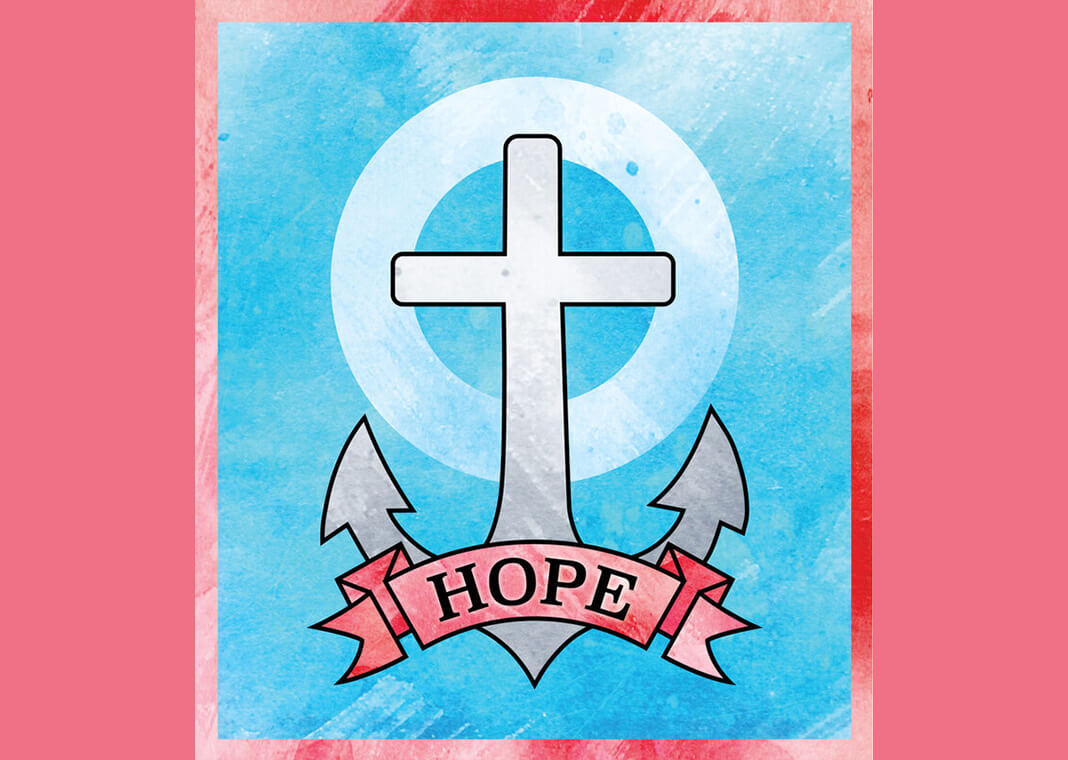
Hope, writes Emily Dickinson, “is the thing with feathers – / That perches in the soul,” by which, I take her to mean, hope is ever-ready to take wing, quite apart from the machinations of our calculating minds. It is good to hold this image, particularly in times when news reports crash upon us rather too heavily. Fractures among our electorates; wars between neighbors; violence and neglect on our streets, in our schools, and even within our own hearts: the regular drumbeat of reality can overwhelm us. We need the thing with feathers to surprise us.
Hope, of course, is very different from optimism. Rabbi Jonathan Sacks distinguishes them this way: “Optimism is the belief that the world is changing for the better; hope is the belief that, together, we can make the world better” (To Heal a Fractured World: The Ethics of Responsibility). He is right. Optimism calculates; hope believes. For Thomas Aquinas, who articulated the classic definition of hope as one of the three theological virtues (along with faith and love, following St. Paul in 1 Corinthians 13:13), hope points to a future good, “difficult but possible to attain.” And when we ask God for help, the hope in our hearts speaks directly to the heart of God, as St. Francis de Sales reminds us.
There are any number of reasons to be pessimistic in the face of so many difficulties in the world. (For that reason, it may be good to consider a media fast for certain periods.) But hope is neither optimism nor starry-eyed idealism. It is God’s gift to us, that we might cooperate with God to make the world better. It is God’s heart speaking back to our own, offering to us new ways of imagining how to overcome evil with good (cf. Romans 12:21). Pascal writes that the heart has its reasons, which reason can never know. Hope is the reason of the heart, the heart-logic that takes wing in us, lifting us to see the world as God does.
Let us, then, take up our crosses and be pilgrims of hope.

I loved the differentiation between optimism and hope.
Thankyou very much Tim.I liked this insightful reflection. It is indeed a good topic to meditate and contemplate on.
Thanks Tim. Hope adds life to our life span. Long live hope.
Loved the line at the end, “Let us, then, take up our crosses and be pilgrims of hope”. We all carry our own burdens but that shouldn’t stop us to share hope and God’s love. Thank you, Tim.